Facebook founder and Meta founder Mark Zuckerberg criticized AI developers for trying to create an AI “god.” “It’s like it’s almost as if they kind of think they’re creating God or something and it’s just not what we’re doing, I don’t think that’s how this plays out,” he said.
Zuckerberg joined YouTube podcaster Kane Kallaway for a 40-minute interview about AI and the future of social media. He also discussed Meta products like sunglasses that will rival the Google Glass, which will display holograms without looking like bulky goggles. “I think over time these two paths will just sort of converge,” Zuckerberg said. He also touted Meta’s Llama 3, which he said is “pretty close to caught up with the best models that are out there.” He sniped at OpenAI and Google’s Gemini for pursuing single-purpose AI tools that are incapable of differentiating for different people.
When asked why he believes in Open Source for AI, he said he does not believe “AI should be hoarded” by companies that want to create one central product.
“I think if you believe that the best experience of this and the best future is going to be a lot of different AIs and a lot of different experiences, then you want to get it out there in all these ways,” he continued.
Mark Zuckerberg Criticizes Tech Companies for Trying to Create AI “God” pic.twitter.com/7a0brCBJ7W
— Valuetainment Media (@ValuetainmentTV) June 29, 2024
Learn the benefits of becoming a Valuetainment Member and subscribe today!
As Valuetainment previously reported, OpenAI was formed by a cohort of tech developers; among its original board members was Elon Musk. Musk, Peter Thiel, Reid Hoffman, Amazon Web Services (AWS) and others pledged a collective $1 billion in 2015 (but only $130 million was collected). Musk resigned in 2018 citing conflict of interest over Tesla self-driving AI; it is unclear if there was drama behind the scenes. When OpenAI converted from a nonprofit structure—which was its status when Elon donated $50 million—to a for-profit structure, Musk raised concerns about the legality of the move, and took the opportunity to raise awareness about the potential dangers of AI:
“The reason OpenAI exists at all is because I used to be really close friends with Larry Page and stay at his house in Palo Alto. We would talk late in the night about AI safety, and my impression was that Larry wasn’t taking AI safety seriously enough. He really seemed just focused on achieving digital superintelligence — essentially a Digital God, if you will, and as soon as possible. This is not good.
So I thought, ‘What is the furthest thing from Google?’ which would be a fully open nonprofit. So the ‘open’ in OpenAI stands for open source and transparency so people know what is going on. I’m normally in favor of for-profit companies, but the idea was not to be a profit-maximizing demon from hell that never stops. So that is why OpenAI was founded.
Very, unfortunately, they decided to become a for-profit company.”
The new safety board will be taking stock of the company’s processes and safety protocols over the next 90 days and will be preparing a report with recommendations for the board of directors. OpenAI will then provide an update about its new safety structures after the report.
In late February, Elon Musk filed a lawsuit accusing OpenAI co-founder and CEO Sam Altman of “breach of contract” for violating the company’s founding agreement to benefit humanity rather than pursue profits.
Watch the full interview here:
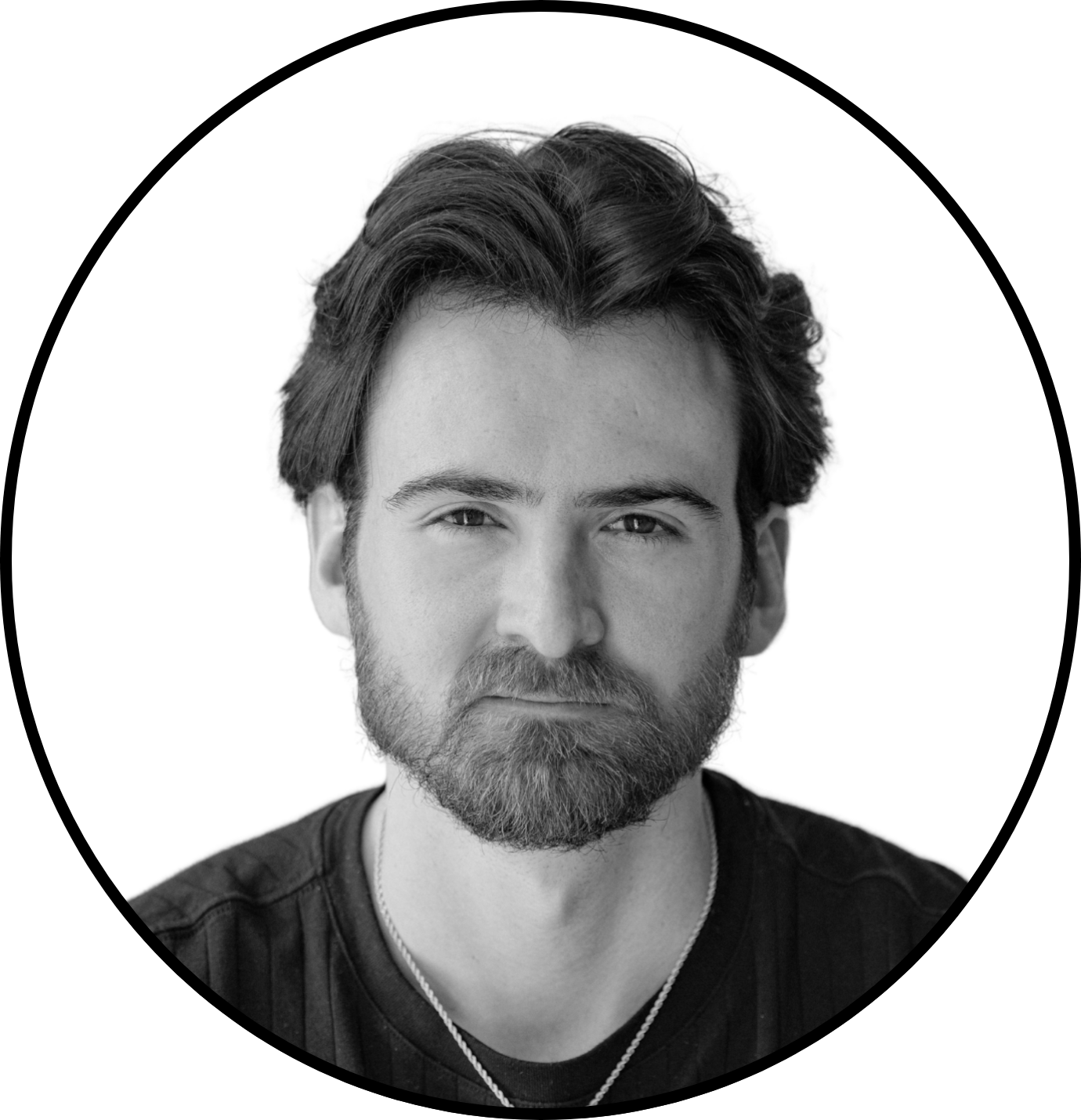 Shane Devine is a writer covering politics and business for VT and a regular guest on The Unusual Suspects. Follow Shane’s work here.
Shane Devine is a writer covering politics and business for VT and a regular guest on The Unusual Suspects. Follow Shane’s work here.

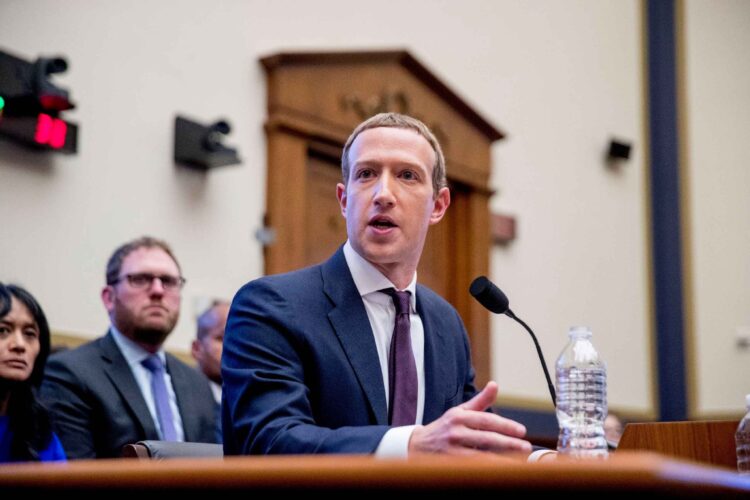



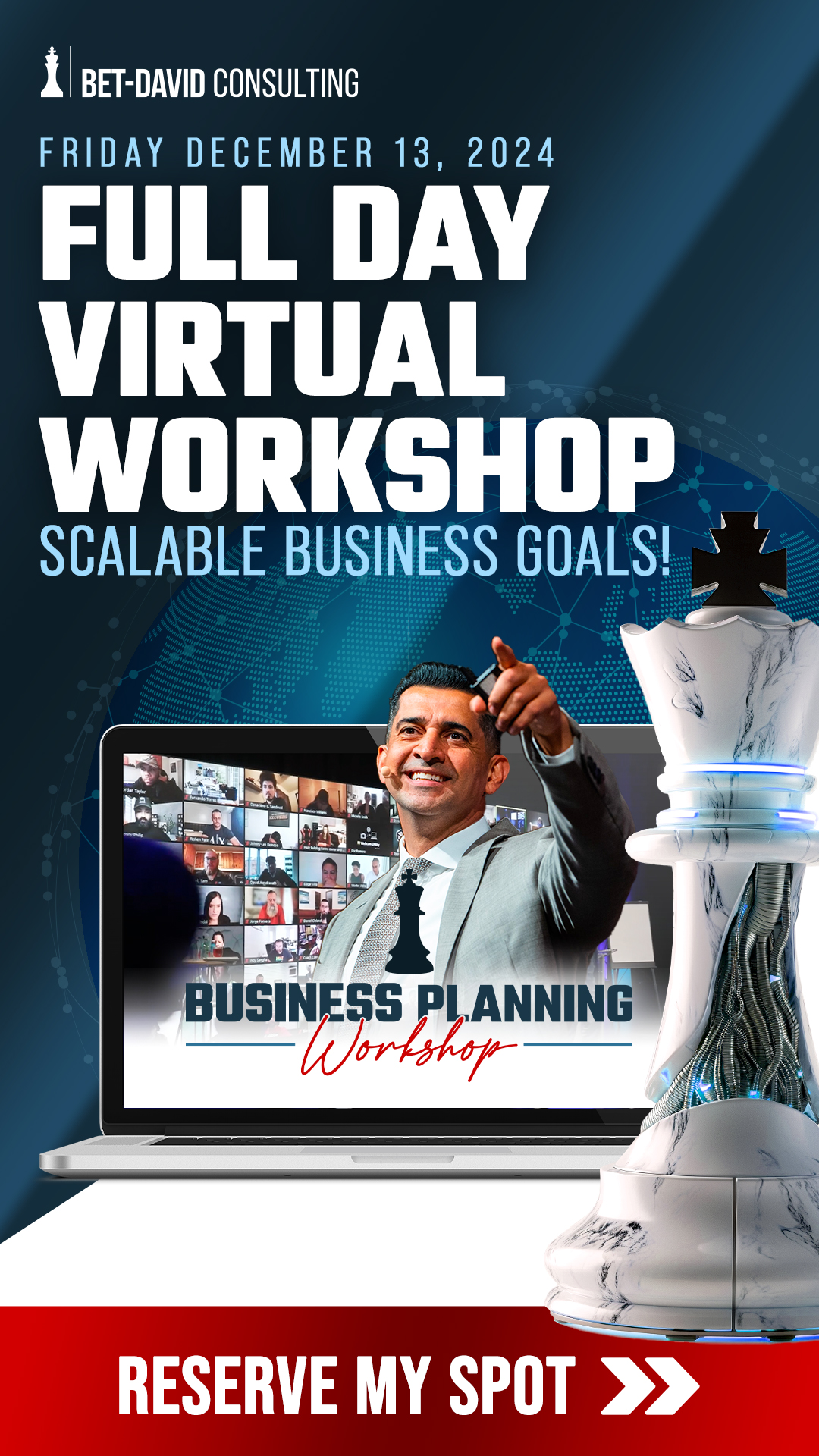


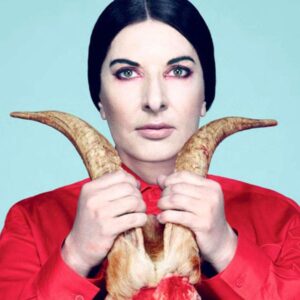
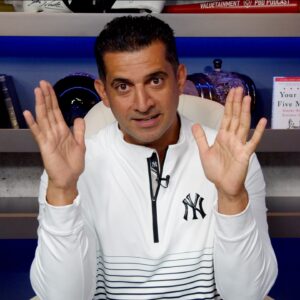








Add comment